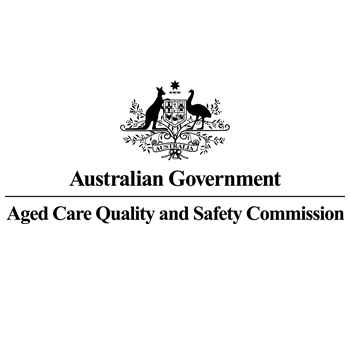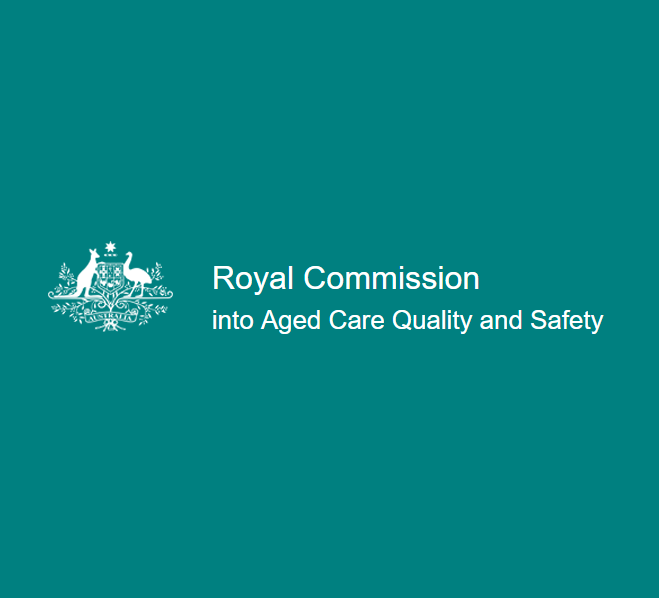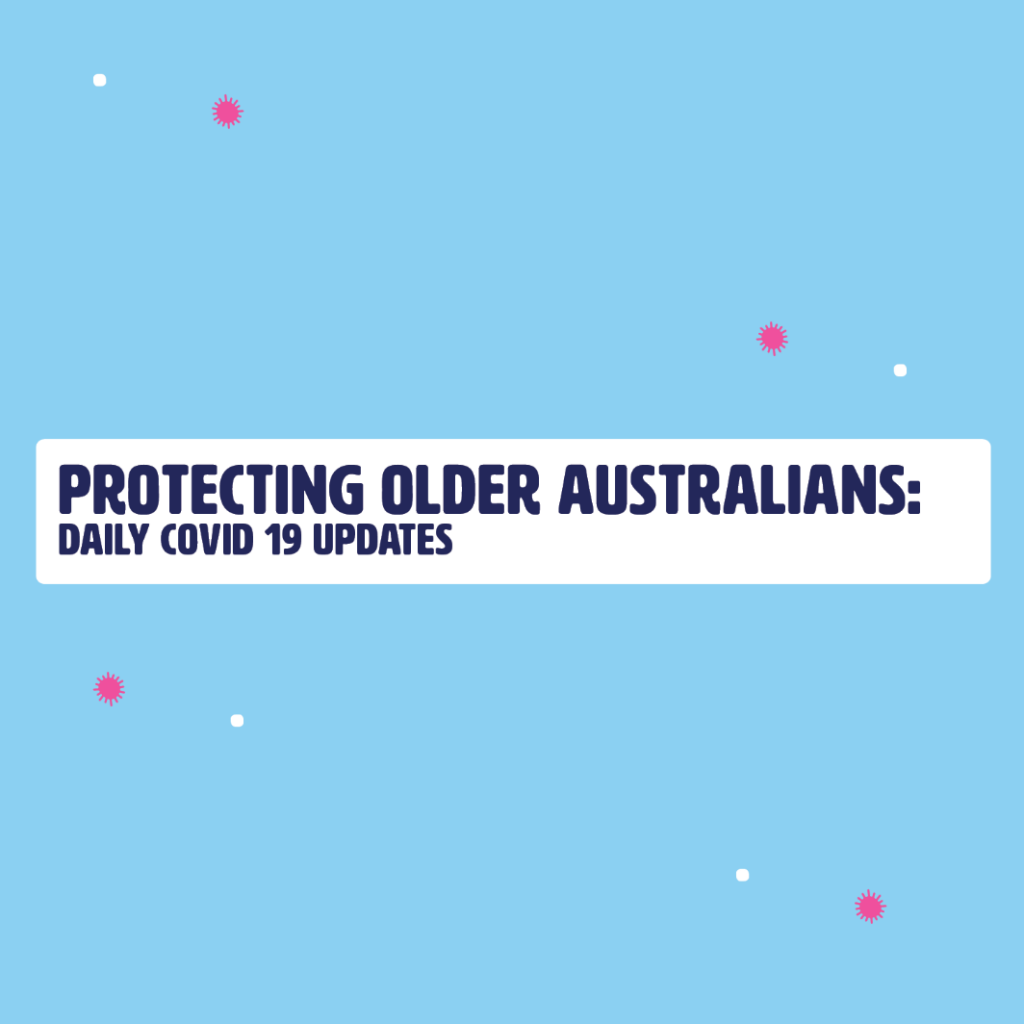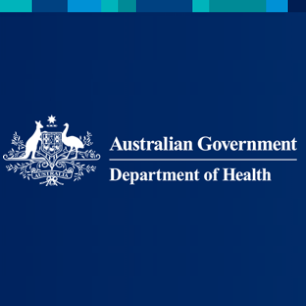This fact sheet explains how to manage clinical waste from coronavirus (COVID-19), and arrange for collections in various workplace settings.
Read more:
1901: Coronavirus (COVID-19): Disposing clinical waste (.pdf)

This fact sheet explains how to manage clinical waste from coronavirus (COVID-19), and arrange for collections in various workplace settings.
Read more:
1901: Coronavirus (COVID-19): Disposing clinical waste (.pdf)

Under the Aged Care Quality Standards (Quality Standards) in the Aged Care Act 1997, every aged care provider is responsible for ensuring that they have sufficient staff with the necessary knowledge and skills to provide safe, respectful and quality care and services. Providers are also responsible for ensuring that staff have the necessary training, including in infection control practices and procedures, and in the appropriate use of personal protective equipment (PPE) including gloves, face masks, face shields and gowns.
The Commission is undertaking unannounced assessment contacts with residential aged care services through site visits to services. The focus of the site visit is to observe infection control defences at the service to prevent transmission and to recognise and respond to symptoms of COVID-19; this is to ensure that everyone is adhering to infection control arrangements including safe PPE protocols.
Read more:

Below is a list of updated and new Documents from the Department of Health, including COVID Resources.
Read more:
Aged care facilities – contact details template (.xlsx)
Aged care facilities – initial communications (.pdf)
Aged care facilities – establishing communications (.pdf)
Aged care facilities – ongoing communications (.pdf)
Dementia Discovery (link)
Restrictive practices: understanding and managing behaviours in a time of pandemic (link)
Aged Care Financial Monitoring and Business Assistance fact sheet (.pdf)

New research shows Australia could immediately establish independent, transparent, routine monitoring and public reporting of many aspects of aged care quality outcomes similar to leading countries like Denmark, Sweden, Germany, the Netherlands, and the USA. Currently the Australian Government has no care quality outcome reporting for home care and reports on only three indicators for residential care.
The research, which was performed by the South Australian Health and Medical Research Institute (SAHMRI), shows a large range of quality outcome indicators can be produced from existing data without any burden to aged care providers. This includes indicators for medication-related quality of care, falls and fractures, hospital re-admissions, hospitalisation for dementia/delirium, pain, premature mortality, pressure injury, utilisation of care plans and medication reviews, and weight loss/malnutrition.
The SAHMRI research was conducted for the Royal Commission into Aged Care Quality and Safety. The findings are presented in Research Paper 8 – International and National Quality and Safety Indicators for Aged Care.
Read more:
Research Paper 8 – International and National Quality and Safety Indicators for Aged Care (.pdf)

The Australian Government today releases the review findings into the spread of COVID-19 at Sydney aged care facility Newmarch House.
In offering further condolences to the families of the 19 residents who died as a result of the outbreak between April and June, Minister for Aged Care and Senior Australians, Richard Colbeck said lessons learned are being implemented to offer greater protections as we continue to combat the pandemic.
“The outbreak at Anglicare’s Newmarch House was incredibly challenging and underlined the impact this infection can have within an aged care facility,” Minister Colbeck said.
Read more:
Release of Newmarch House review
Minister for Aged Care and Senior Australians, Senator the Hon Richard Colbeck Letter (.pdf)
Newmarch House COVID-19 Outbreak Independent Review – Final Report (.pdf)
NSW Health response to Newmarch House independent review (.pdf)

Depending on the particular circumstances, options for separating COVID-positive resident/s from other residents can include offsite or onsite cohorting.
Offsite cohorting involves relocating one or a group of residents to another care setting. Onsite cohorting involves immediately isolating a COVID-positive resident, preferably in a single room with their own ensuite facilities.
If this is not possible at your service, then there are medical grounds to move residents within your facility to control the spread of the virus.
Read more:

The Morrison Government will scale up aged care support programs in Victoria and across Australia with an additional $171.5 million to boost a new COVID-19 response plan agreed by all states and territories at National Cabinet today.
The package is in addition to age care support already announced during the COVID-19 pandemic, with funding now totalling more than $1 billion from the Commonwealth Government.
Prime Minister Scott Morrison said more funding would be used to continue current programs for infection control training and surge workforce staff, alongside greater compliance by the Aged Care Commissioner and coordinated response centres.
“Our plan for combatting the prolonged COVID-19 pandemic is based on the best medical advice and continues to evolve, as the crisis continues, as we do all we can to protect older Australians,” the Prime Minister said.
Read more:

In this edition:
• Support for managing COVID-19 related costs
• Information on CHSP support available for residents moving out of a RACF during COVID-19
• Aged Care Quality and Safety Commission statement on regulatory actions to support Victorian aged care homes during COVID-19Workforce retention bonus second payment
Resources:
• Video message to all aged care staff from the Commissioner for Senior Victorians
• A fact sheet from the Victorian Environmental Protection Authority (EPA) COVID-19 Disposing clinical waste to assist providers in the identification, management and disposal of clinical waste in Victoria
Read more:

Published by: Donna Rayner, Rosemary Southgate, John Corcoran, Kathryn Elleman, Lillian Graystone, Rohan Harris, Sylvia Mansour, Lee Be
The State Government has worked with the retirement living industry to prepare a set of guidelines to assist retirement living operators in managing the challenges associated with operating a village during the current lockdown.
The guidelines will assist operators in complying with the directions issued by the Victorian Chief Health Officer.
We encourage operators to read the guidelines in detail as they are a useful reference to ensure that your village is compliant and to assist in managing the expectations of residents, staff, contractors and visitors to your villages.
Read more:
Living with COVID-19 – Guidelines for retirement village operators

In this issue:
Residential Care:
• Survey on food and nutrition in aged care homes
• Emergency Leave Provision
Flexible Care:
• Aged Care Provider Portal update
Read more:
Management Advantage
Suite 2, 430 Rae Street
Fitzroy North
VIC 3068
1300 62 62 32
info@manad.com.au